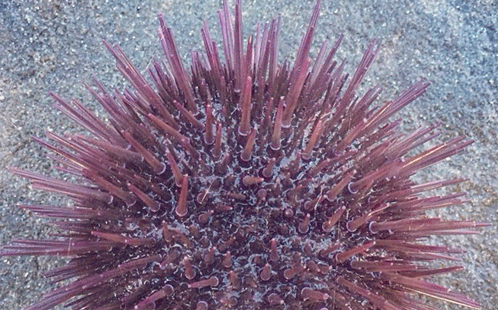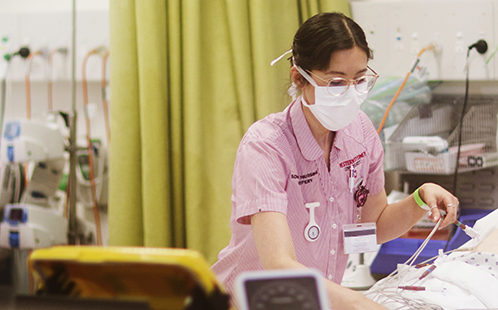Cell study challenges laws of biology and opens doors to new treatments

New research by Western Sydney University has overturned our understanding of a key process occurring in every living cell, laying the foundation for new treatments in diseases as diverse as diabetes and Alzheimer's.
Molecular physiologist, Professor Jens Coorssen in the School of Medicine, questioned the orthodox view of how a single cell expels proteins into the fluid outside the cell walls – a process called exocytosis.
"Part of the problem with our understanding of exocytosis is we haven't pulled apart the process sufficiently to reveal all the steps and the full molecular activity," says Professor Coorssen.
"We have a cartoon understanding of exocytosis when we need a high definition movie to reveal what is going on - what are the key molecular players and what roles are they playing.
"The more components we understand the better handle we'll have on potential drug targets in the future."
To forensically examine exocytosis, Professor Coorssen first strips things back to basics. He wants to study it without the 'white noise' of other cellular processes.
"There's a lot going on at the cell membrane. There are many proteins and enzymes present but we need to weed out those that aren't playing a role while also zeroing in on those that are active in exocytosis.
"Selective small molecules (drugs) provide an effective tool to study the biological effects of critical enzymes and lipids – the building blocks of cells – on exocytosis," he says.
For his cellular model Professor Coorssen turned to an unlikely source.
To an untrained eye there may not be much in common between us, and sea urchins, but Professor Coorssen saw past the superficial, down to the molecular level.
"Sea urchin cells are genetically similar to human cells, and the cellular processes are conserved and clearly defined. The unfertilized sea urchin egg is thus an ideal model to study," he says.
"Using the sea urchin eggs, we were able to identify that a key molecule, phosphatidic acid, actually does not play a direct role in the late steps of exocytosis as had been previously thought. Rather it helps prepare the cell and influences the efficiency of the process.
"Phosphatidic acid's critical role in modulating exocytosis thus happens earlier in the process. Understanding the timeline of this fundamental cellular process enables it to be effectively targeted in a range of disorders."
This more complete picture of exocytosis revealed by Professor Coorssen and his colleagues will lead in the future to more effective drugs with fewer side effects and to the fine tuning of dietary and lifestyle changes to help us live healthier lives.
The research, conducted in collaboration with Dr Tatiana Rogasevskaia from Mount Royal University in Canada, was published in The Journal of Biological Chemistry.
Ends
11 November 2015
Media Contact: Lyn Danninger
Latest News

Opinion: Most bees don’t die after stinging – and other surprising bee facts
Most of us have been stung by a bee and we know it’s not much fun. But maybe we also felt a tinge of regret, or vindication, knowing the offending bee will die. Right? Well, for 99.96% of bee species, that’s not actually the case.

Western Sydney University receives transformational donation to support LGBTIQA+ community
Western Sydney University has welcomed a philanthropic donation from The Brennan Lynch Foundation.

Western Sydney University ranks among world’s best for 23 subjects
The University has been named as one of the world’s top universities for the study of 23 subjects in the latest edition of the QS World University Rankings by Subject, including being ranked in the top 50 for Nursing.
Mobile options:

